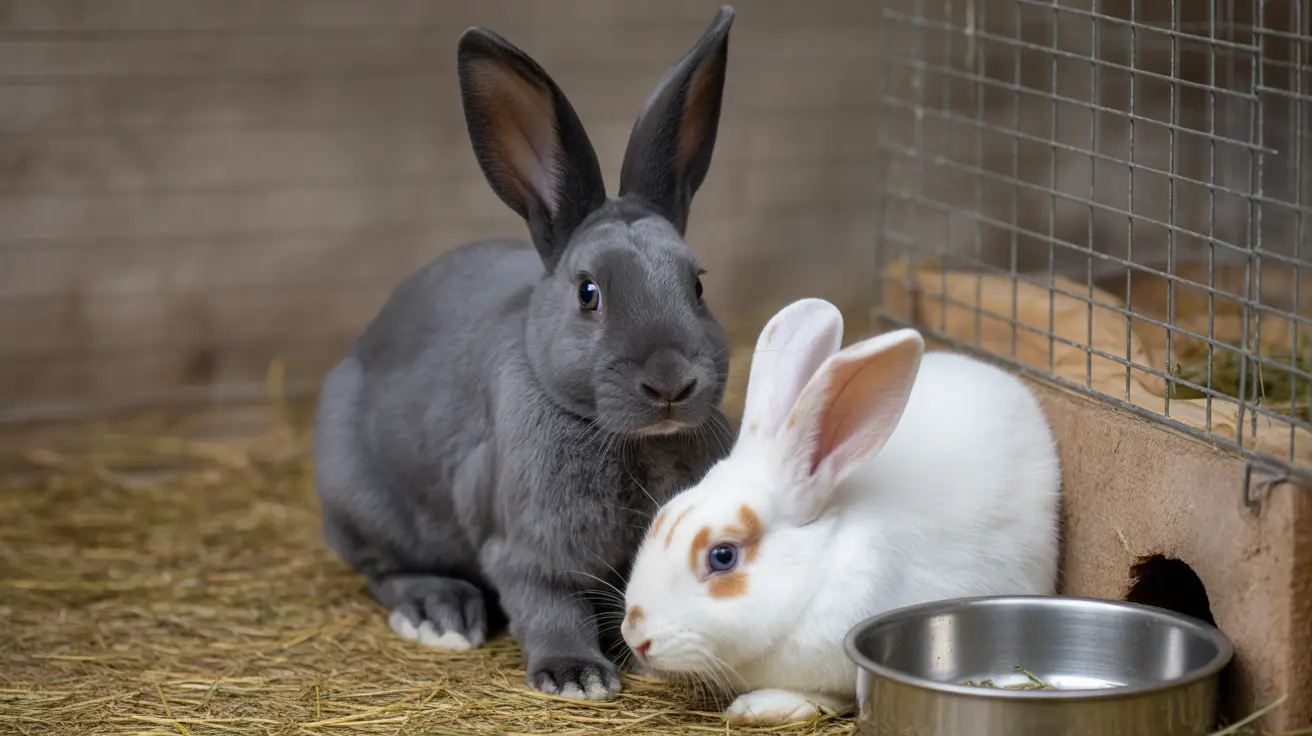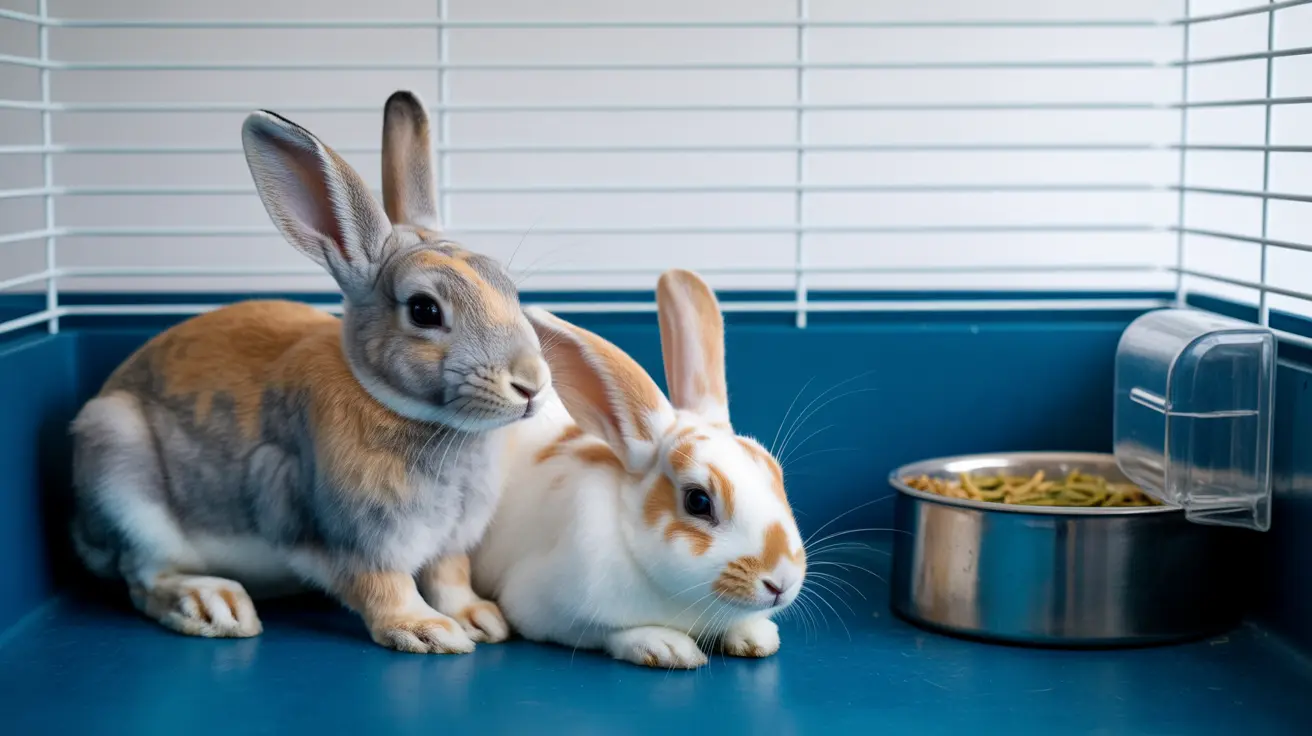How Do You Say "I Love You" in Cat Language?
Anyone who shares their home with a feline companion knows that cats express affection differently than humans. While they may not say the words "I love you," cats have a sophisticated system of body language and behavior that effectively communicates their feelings.
Understanding Feline Communication
Cats are masters of non-verbal communication. Unlike dogs, who are often demonstrative, cats tend to be more subtle. But once you know what to look for, their messages of affection are loud and clear.
Common Ways Cats Say "I Love You"
- Slow blinks: A slow blink from your cat is the closest thing to a feline "I love you." If your cat looks at you and closes their eyes slowly, they are showing trust and affection. You can return the gesture by slowly blinking back.
- Head butts and cheek rubs: Cats have scent glands on their heads and cheeks. When they gently bump or rub against you, they are marking you with their scent—a clear sign that you’re part of their family.
- Purring: While cats purr for various reasons, a cat that purrs while curled up next to you or when being petted is showing contentment and love.
- Following you around: If your cat follows you from room to room, it’s a sign of attachment. They simply enjoy being near you.
- Belly exposure: A cat that lies on its back and exposes its stomach is indicating trust. It’s a vulnerable position, and one they don’t assume unless they feel safe with you.
- Grooming you: Cats show affection by grooming each other in the wild. If your cat licks your hands, face, or hair, it's offering you the same love and care.
- Tail language: A cat with its tail raised and the tip quivering slightly is usually thrilled to see you. It’s a welcoming, affectionate signal.
How to Say "I Love You" Back to Your Cat
Once you recognize how your cat communicates love, it's natural to want to reciprocate in a way they understand. Here are some ways to tell your cat that you love them:
- Slow blink back: This mutual gesture creates a bonding moment that reassures your cat of your affection.
- Gently greet them: Start with soft verbal tones. Even though cats don’t understand the words, a warm tone makes them feel secure.
- Respect their space: Let the cat come to you for attention. Following your cat or insisting on cuddles can make them withdraw.
- Provide enrichment: Toys, scratching posts, and cat trees speak volumes when it comes to love. They show you care about your cat’s wellbeing and happiness.
- Let them rub scent: Allow your cat to cheek-rub without interruption, and resist immediately washing off their scent. They’re claiming you as their own.
Building a Strong Bond
Love in the feline world is built through consistency and mutual respect. Here are some tips to deepen your bond over time:
- Interactive play: Use toys to stimulate their hunting instincts and create fun shared experiences.
- Routine: Cats love routine. Feeding them at the same time each day or having predictable interactions provides comfort and reinforces trust.
- Quiet companionship: Just sitting in the same space as your cat without direct interaction can be a shared moment of peace—it's their way of saying "I love being with you."
Signs Your Cat Feels Safe and Loved
When a cat returns your love, you’ll see clear signs beyond physical gestures:
- Sleeping near or on you
- Bringing you small ‘gifts’ (like toys or, occasionally, prey)
- Making eye contact without fear
- Yowling or meowing when you leave or enter the home
- Snuggling under blankets or near your scent
Each cat is unique, and their expressions of love vary widely. By observing your cat closely and respecting their emotional cues, you can enjoy a deep and affectionate relationship that lasts a lifetime.





